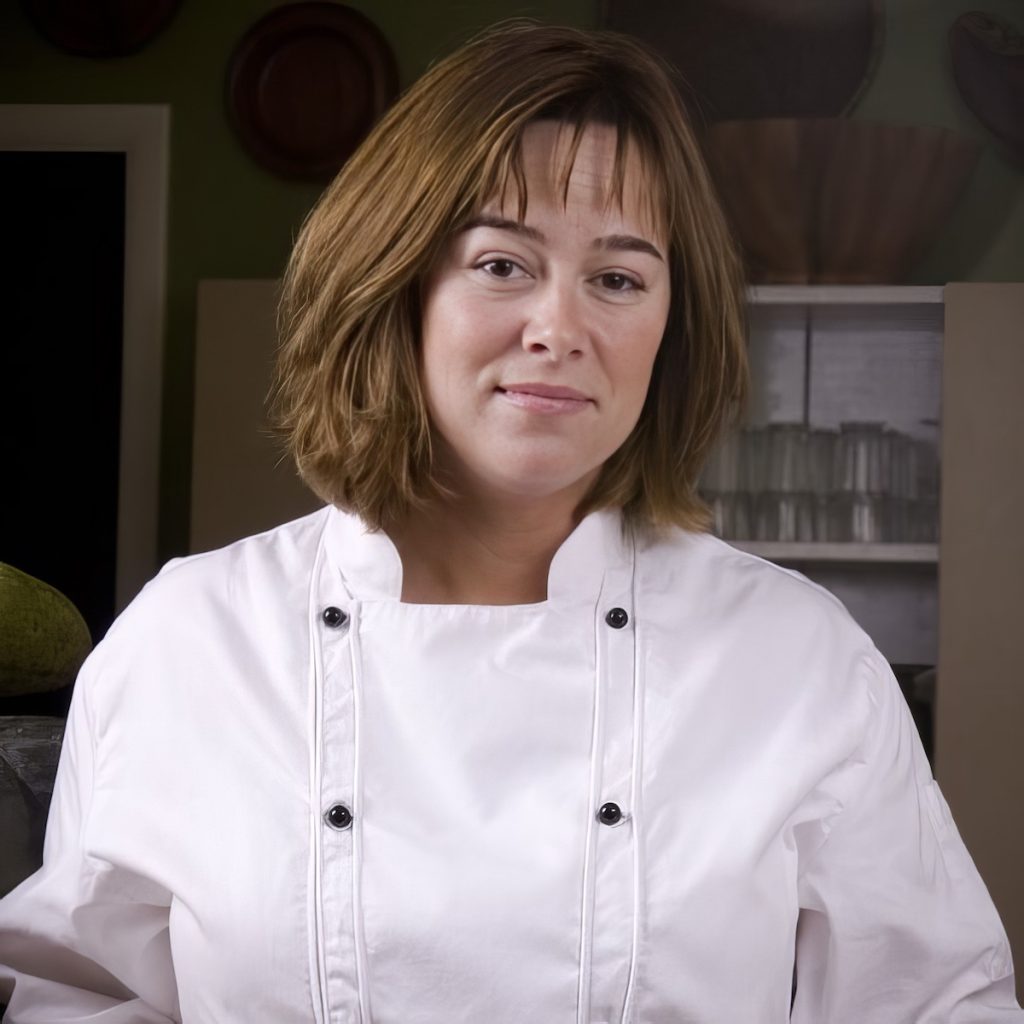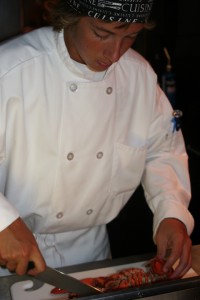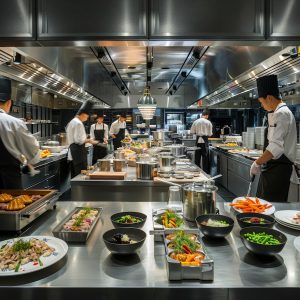How To Protect Your Culinary School Education
Culinary school is notoriously expensive. Whether you are considering a degree program with an internationally recognized culinary training institution or a diploma program with a local trade school, the cost can reach as high as $30,000 per year – and that’s just for tuition!
When you add on the costs of kitchen laboratory fees, equipment, utensils, books, and the cost of living for whatever city your school is located, these numbers can get even higher.
Although the rewards of getting a high-quality education are manifold, and you are probably considering a culinary career because it is something you are really and truly passionate about, it can be hard to take on that kind of debt of the uncertainty and relatively low starting pay of the restaurant industry.
Fortunately, there are many different ways that you can ensure that the costs of your culinary education are proportionate to your future career in the industry.
Consider Your Goals
Just as no two culinary schools are alike, no two culinary careers are alike. Before deciding where you want to go – and how much you’re willing to spend – consider your ultimate goals. Perhaps you want to start in an entry-level position and move up the ranks.
Maybe you’re looking to start your own restaurant someday. You may even aspire someday to appear as a guest judge on the Food Network’s Iron Chef. No matter your choice, there is an educational and vocational path to get there.
Once you’ve determined where you’d like your career to look, consider what types of educational training are required. For those seeking entry-level work, a two-year community college degree is typically a great way to go; however, if you want to skip the grunt work to go right to restaurant management, a four-year Bachelor’s degree might be more appropriate.
In the same way, if you want to make a large impression on the hottest restaurant scenes, a big-name school (like The International Culinary Schools at The Art Institutes) can go a long way in getting you the right skills and connections. A big-name school might go completely unrecognized if you’d rather make good food in your small hometown.
Learn About the School
Each school offers different advantages and disadvantages. Things to consider include class sizes, hands-on learning opportunities, externship requirements, and even location—all of which will ultimately affect your educational experience.
Only you know what it is you are seeking, and the only place to find what you are seeking is the school itself. Visit the website, plan a campus visit, talk with students and graduates, get to know the instructors, and remember to ask the right questions:
- What types of classes are offered (i.e., international vs. regional cuisine, French vs. modern techniques, management vs. kitchen training)?
- What proportion of class time is spent in the kitchen?
- What are the class sizes?
- Is an internship or externship part of the curriculum? How many of these lead directly to post-graduation jobs?
- Are there on-campus housing options?
- Does the area have enough restaurants to offer fine dining and employment opportunities?
- What career services does the school offer? What percentage of graduates find work immediately after school?
You should also see if the school will allow you to sit in on one or two classes. The only way to know for sure if you’ll be happy in the learning environment is to experience it firsthand.
Crunch the Numbers
Don’t go into culinary school without knowing exactly what it will cost you, including tuition, supplies, and cost-of-living expenses. For all of the schools you are considering, determine your annual expenses for each school year.
Compare the schools to one another – you may find that attending a four-year public school will cost less overall than a nine-month private training program.
You also need to compare the cost of your education to any income you have coming in, including that from part-time work, grants, scholarships, help from your parents, or even savings. If the end result is a negative number, that will be the student loan debt you will probably carry after graduation.
Because entry-level food service jobs are famous for not being high paying, you’ll need to ensure you can repay that debt and survive on a realistic post-graduation salary.
Seek Financial Assistance
Like most educational majors, certain types of culinary training are recognized by loan, scholarship, and grant programs. This means that you can be eligible for the same types of financial aid most other students get.
However, if you intend to get financial aid – no matter what form – make sure that your chosen college is willing to accept it. Getting a grant won’t do any good if your school isn’t recognized by the foundation offering you the money.
The U.S. Government offers millions of dollars in educational funding each year. Visit the FAFSA website to learn more about what is needed to qualify. Grants and low-interest loans are typically awarded based on need, so not everyone may be eligible. Private loans, scholarships, and working during school are additional options for those needing financial help.
Most schools have a financial aid office to help with payment plans and filling out forms. Talk to the offices at your prospective schools to determine exactly how much they are willing to help you to afford your education.
Private School Alternatives
Culinary school doesn’t have to cost a fortune. Most of the high-cost culinary schools are privately run, which is why they can charge more.
However, state schools and community colleges are much less expensive and often offer equal training opportunities.
These types of schools are also more open to working with federal funding assistance. In these cases, you also typically end up with an AAS or BS degree, which can transfer into fields other than cooking, should you discover the kitchen isn’t for you.
On-the-job training is also a possibility. Many of today’s successful chefs will tell you that they started as dishwashers and worked their way up. Some of them have formal training (which they took later), and some will tell you the kitchen was their education.
Although it may take you longer to get promotions without the degree backing you up, there are still ample opportunities for growth. Working your way into a culinary career is also a great way to discover if cooking is really what you want to do – especially since you won’t have to go into debt to learn it.
No matter what you choose, make sure that the school is right for you. Only you know what you can afford, how long you want to go to school, and what you want to take away with you once you graduate. By paying attention and considering all your options now, you can ensure that your culinary investment is worth every penny.













3 Responses
What if I am from the Philippines and I want to study internationally either the USA schools or Europe schools but financial wise not affordable in a way but I really want a culinary career even if I start at the very bottom and claw my way up…. any suggestions? Thank you and hoping for a reply.
Robin, I really don’t have a good answer for you. I would suggest you reach out to any and all schools you are interested in and ask if they have programs for out of country students and if there is any financial aid available to you. I would then start locally and see if you can find some work in a restaurant near where you live. Some of the best chefs I know did not go to culinary school but learned by working in restaurants here and abroad. One of the most successful chefs here in Philadelphia learned his skills while working in Italy. Of course read as much as you can, use the internet to add to your knowledge base and practice, practice, practice. Hope this helps. RG
Hi I am deepak from india,
To become a great chef is my Future goal. I finished my Certificate course in Hotel Management but I want to be a Chef. I am ready to study any community college or Culinary Institute of america anywhere.
My financial conditions is very poor and I am not able to pay the fees that’s why I am looking scholarship,grants and Financial Aid. Whenever I go to apply financial aid they asked my SSN which I don’t have because I am indian.
So I need your help that how can I apply for financial aid or scholarship in USA for continue my study in culinary arts.
Please help me out.
I really needed.